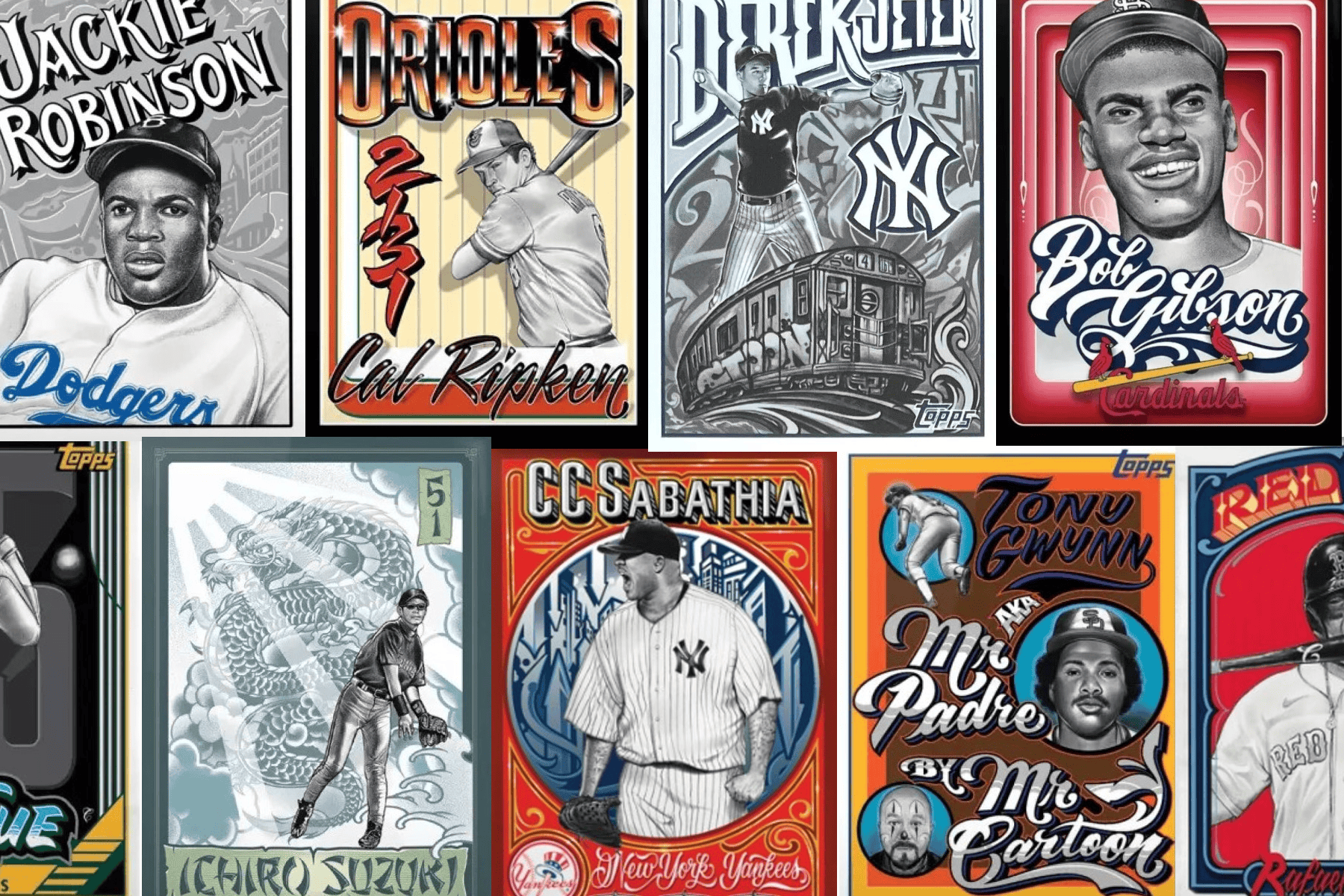Mister Cartoon, born Mark Machado, is a distinguished artist whose work spans the realms of tattooing, graffiti, and design. With roots deeply embedded in Los Angeles’ Chicano culture, his art has resonated far beyond the streets, making its mark in the worlds of fashion, music, film, and sports memorabilia. His involvement in both the Topps Project 2020 and Project 70 further solidified his reputation as an artist who can blend cultural depth with popular art forms, creating works that resonate on multiple levels.
Mister Cartoon’s Early Life and Influences
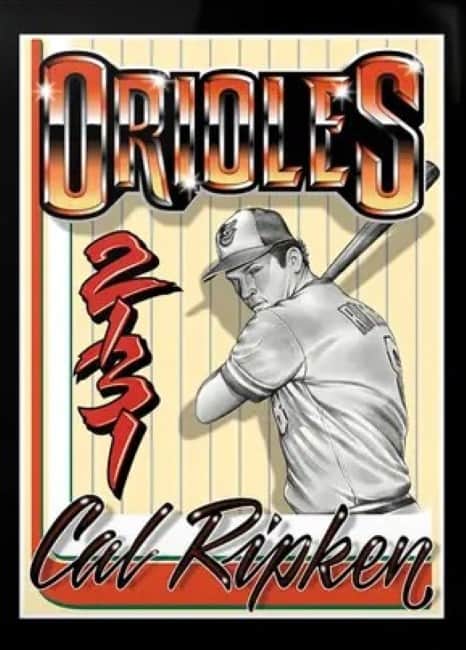
Mister Cartoon’s journey as an artist began in the vibrant and often challenging environment of Los Angeles during the 1980s and 1990s. Growing up in a Mexican-American household, he was surrounded by the rich traditions of Chicano culture. This cultural foundation, combined with the influence of LA’s street culture, significantly shaped his artistic style.
Mister Cartoon was drawn to the world of graffiti from a young age. The murals and street art that adorned the walls of his neighborhood were his first canvas, and he quickly gained recognition for his bold, stylized lettering and intricate designs. His early work was a reflection of the world around him, blending elements of lowrider culture, gang imagery, and religious iconography. These themes would become hallmarks of his later work, particularly in the realm of tattooing.
Transition to Tattooing and Rise to Fame
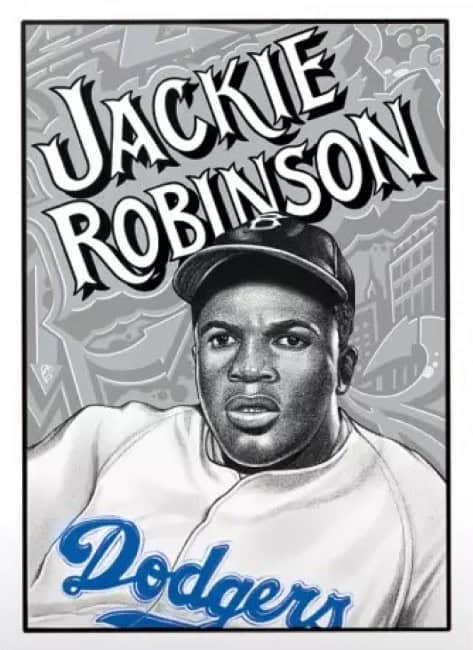
Mister Cartoon’s move from graffiti to tattooing marked a significant evolution in his career. He began by tattooing friends with a homemade machine, honing his craft and developing a unique style that would soon become highly sought after. Influenced by the black-and-grey tattoo tradition that originated in California’s prisons, Mister Cartoon’s work stood out for its intricate shading, fine linework, and the depth of its cultural references.
His tattoos, often depicting religious figures, Aztec symbols, and scenes from Chicano life, became synonymous with a style that was both hyper-realistic and deeply personal. As word of his talent spread, his clientele grew to include some of the biggest names in the entertainment industry. Celebrities like Eminem, Dr. Dre, 50 Cent, and athletes like Kobe Bryant and CC Sabathia became some of his most notable clients, helping to elevate Mister Cartoon’s profile to that of a cultural icon.
Expanding His Artistic Reach
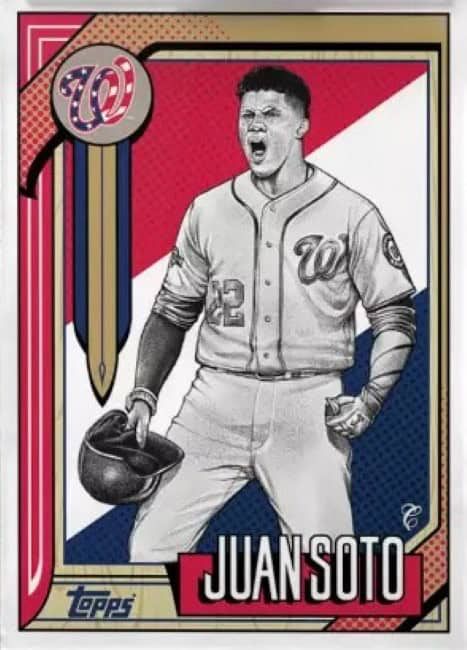
While Mister Cartoon is best known for his tattoo work, his artistic influence extends far beyond the needle. Over the years, he has collaborated with major brands such as Nike, Vans, and Harley-Davidson, bringing his distinctive aesthetic to a wide range of products. These collaborations have allowed him to reach a broader audience, bringing the rich visual language of Chicano culture to the forefront of mainstream fashion and design.
In addition to fashion, Mister Cartoon has made a significant impact on the music industry. His artwork has graced the covers of albums by iconic artists like Cypress Hill and Eminem, and his designs have been featured in numerous music videos and promotional materials. His work is instantly recognizable for its intricate detail and cultural depth, often serving as a visual representation of the music’s themes.
Mister Cartoon’s influence has also extended into Hollywood, with his designs appearing in films such as “Training Day” and the “Fast & Furious” franchise. His tattoos and artwork add a layer of authenticity to the portrayal of LA street culture in these films, further cementing his status as a key figure in the representation of Chicano culture in mainstream media.
Mister Cartoon and Topps Project 2020
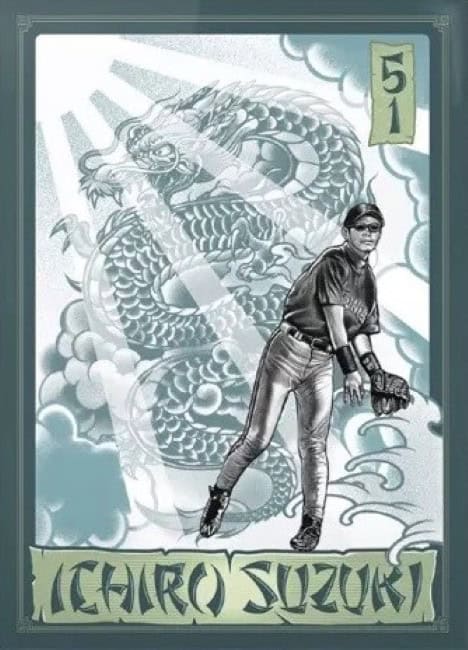
Topps invited Mister Cartoon to participate in Project 2020, a collaborative project that brought together 20 artists to reinterpret 20 iconic baseball cards. This project was a celebration of the intersection of art and sports, offering each artist the opportunity to bring their unique vision to some of baseball’s most iconic cards.
For Mister Cartoon, this project was a chance to combine his love of art with his passion for baseball, a sport that holds significant cultural importance within the Chicano community. He reimagined cards featuring legendary players such as Jackie Robinson and Mariano Rivera, infusing them with his signature style. His designs for Project 2020 were characterized by bold linework, intricate shading, and the incorporation of cultural motifs that reflected his heritage.
One of the most striking aspects of Mister Cartoon’s contributions to Project 2020 was his ability to infuse each card with a narrative. His reinterpretation of Jackie Robinson’s card, for example, not only honored Robinson’s legacy as a trailblazer in baseball but also touched on the broader struggle for racial equality—a theme that resonates deeply within the Chicano community. Similarly, his card for Mariano Rivera was a tribute to Rivera’s Panamanian heritage and his impact on the sport, making it more than just a baseball card but a cultural artifact.
Mister Cartoon and Project 70
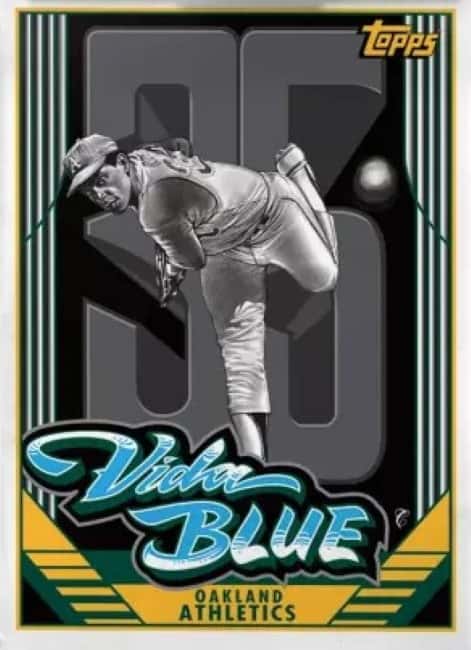
Following the success of Project 2020, Topps launched Project 70 in 2021, an even more ambitious art initiative that invited 70 artists to reimagine classic baseball cards, this time with more creative freedom. The project allowed each artist to select their favorite players and card designs from any year in Topps’ history, providing a broader canvas for artistic expression.
Mister Cartoon’s participation in Project 70 further showcased his versatility and deep connection to baseball culture. This time, he chose to reinterpret cards that held personal significance, adding his unique artistic flair to them. His Project 70 cards featured the same intricate details and cultural richness that had made his Project 2020 contributions so memorable, but with an added layer of personal storytelling.
Through his Project 70 cards, Mister Cartoon continued to bridge the gap between sports and street art, bringing a deeply personal and culturally resonant perspective to the world of baseball card collecting.
Artistic Style for Topps
Project 2020
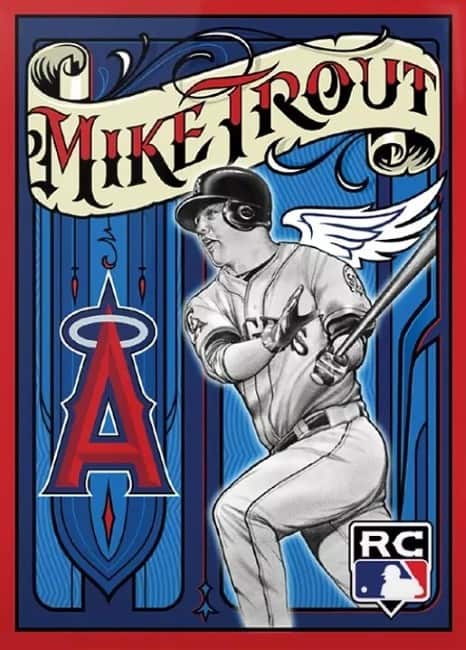
Mister Cartoon’s work in Project 2020 reflects his deep roots in Chicano culture and Los Angeles street art. His cards often feature elements such as intricate line work, bold lettering, and detailed black-and-gray shading, reminiscent of his tattoo work. The imagery typically includes iconic symbols from Chicano culture, like lowriders, skulls, and roses, all intertwined with the baseball players’ likenesses. His style is both gritty and sophisticated, capturing the essence of LA’s urban landscape while paying homage to the players featured on the cards.
Project 70
In Project 70, Mister Cartoon continues to showcase his signature style but with more creative freedom, often incorporating vibrant colors alongside his traditional black-and-gray tones. The cards often have a nostalgic feel, with elements that reflect his love for classic car culture, music, and the streets of Los Angeles. The designs are more elaborate, with a mix of realistic portraits of players and stylized elements that include graffiti-style text and symbolic motifs that are central to his artistic identity.
Both projects allowed Mister Cartoon to blend his tattoo artistry with baseball, creating unique pieces that resonate with fans of both his art and the sport.
Legacy and Impact of Mister Cartoon
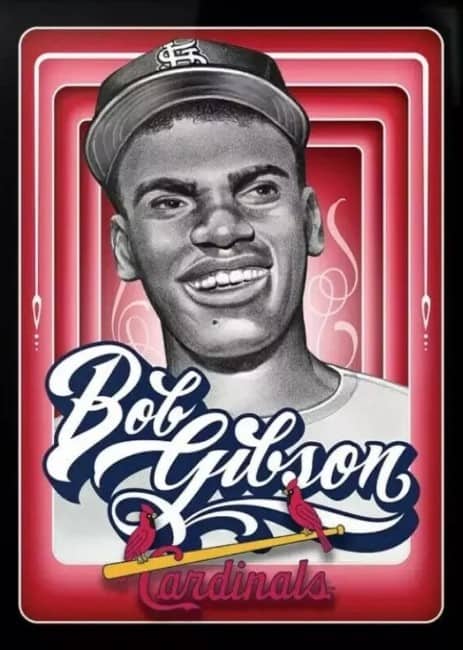
Mister Cartoon’s involvement in both Project 2020 and Project 70 was a significant milestone in his career, marking his entry into the world of sports memorabilia in a way that was both innovative and deeply connected to his artistic roots. These projects allowed him to merge his love for art, culture, and baseball, creating works that resonated with collectors, art enthusiasts, and baseball fans alike.
Beyond these projects, Mister Cartoon’s legacy is one of cultural influence and artistic innovation. He has successfully bridged the gap between street culture and mainstream art, bringing the rich traditions of Chicano culture to a global audience. His work continues to inspire new generations of artists, not only in the field of tattooing but across various creative disciplines.
Through his tattoos, collaborations, and work with Topps, Mister Cartoon has cemented his place as one of the most influential artists of his generation. He is a true icon of Chicano culture, and his creative force will continue to shape the world of art and beyond for years to come.
His story is a testament to the power of art to transcend boundaries, to connect people across cultures, and to preserve the history and identity of communities that are often overlooked. Through his work, Mister Cartoon has shown that art can be a powerful tool for storytelling, cultural preservation, and social commentary, making him not just an artist but a cultural ambassador whose impact will be felt for generations.
